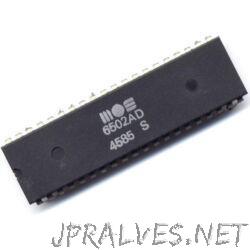Other
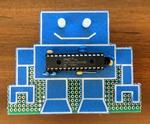
“The PIC32 robot from my 2022 Project Goals is finally finished! Building it was a fun way to learn about the MIPS architecture and programming the PIC32. It was also a chance to work on a 6502 emulator that will …
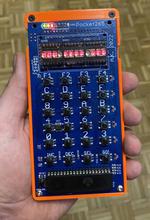
“Handheld PC based on the original 6502 CPU that fits into a pocket. Features - 12 digid 16-segment LED display (DL1414), - optional 8x2 standard LCD (not supported yet in FW), - 24 button keyboard, - 8 KB of ROM and 8 KB of …

“The problem with WS2812B’s on a slow CPU When even the co-author of the FastLED library, Mark Kriegsmann, says it’s can’t be done, you know it’s not going to be easy. “The CPU would need to …
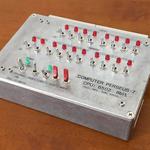
“A minimal 6502 computer that can be programed machine language without PCs I have developed a minimal 6502 computer that can be programed machine language without PCs. The concept is the following three. (1) Minimize the number of peripheral standard …
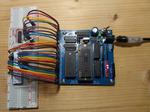
“Building an 8-bit computer is not exactly trivial. There are always many components involved which are normally connected to some common address and data bus with complex control signal timings for RAM, ROM and IO controller parts and whatnot. One …
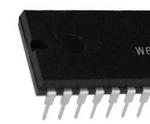
“The 6502 microprocessor first appeared in 1975 and was designed by a small team led by Chuck Peddle for MOS Technology. Back then it was used in video consoles and home computers including the Atari, Apple II, Nintendo Entertainment System …

“The 6502 has been around for just about 40 years, yet still powers the hearts of many electrical systems in place today, such as many microcontrollers and embedded systems. In fact, WDC still manufactures the 6502 and 65xx series chips …

“This project rewinds the clock all the way back to the mid 1970’s, when electronic video games consisted of nothing more than a few moving black and white pixels, and the home computer was still a vision only shared …

“Classic CPU as an “Arduino style” microcontroller An attempt to create “Adruino inspired” set of modular boards, containing thirty years old parts - primarily vintage 6502 microprocessor. About one year ago I noticed that some sellers on popular Chinese auction site …

“After completing my VGA Generator project a while back, I’ve embarked on a new electronics project: building a simple 6502-based homebrew 8-bit computer on a breadboard. There are a bunch of similar projects online from which to draw ideas …

“Try out the original Apple 1 with a 3$ ESP8266 board on your living room TV - wirelessly! Features - MOS 6502 CPU emulated at native speed (1 MHz) - 20 kB RAM - PAL TV signal output - Original Signetics 2513 ROM characters - Telnet …
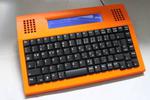
“This is a description of my attempt to build a simple microcomputer system with an 8-bit MOS 6502 CPU or one of its derivatives that was used in many popular home computers of the 1970s and 1980s like the Commodore …
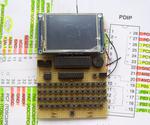
“The Apple ][ personal computer was one of the first three completely assembled systems on the market. It was sold several million times from April 1977 till 1993. This 8 bit home computer was developed by Steve »The Woz« Wozniak and …

